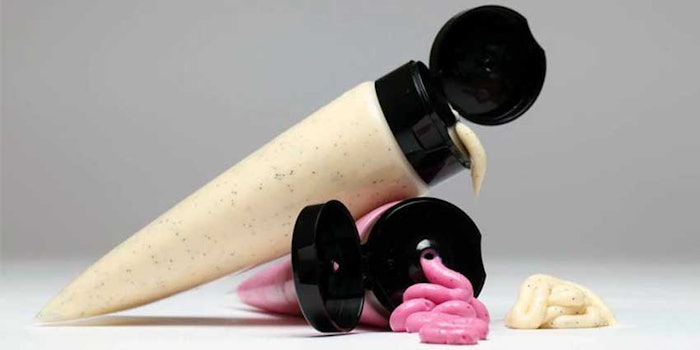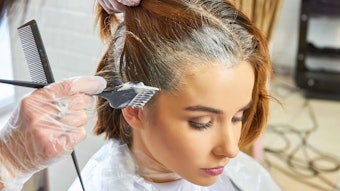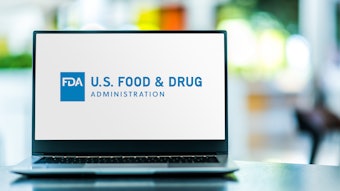
On April 10, 2020, China’s National Development and Reform Commission (NDRC) issued a draft for public consultation specifying the details of China’s pending microbead ban.
Related: Microbead Ban Legislation Passes U.S. House
The draft underlines rinse-off cosmetics, toothpaste and tooth powder with intentionally added solid plastic particles less than 5 mm in size used for scrubbing, exfoliating, cleansing, etc. Rinse-off cosmetics include shower gel, cleansers, hand sanitizer, soap, shampoo, conditioner and cleansing water/oil.
Background
On October 30, 2019, China’s NDRC released a Catalogue of Guidance on Industry Structure Adjustment. Following, on January 19, 2020, NDRC and the Chinese Ministry of Ecology and Environment (MEE) jointly published the “Opinions on Further Strengthening the Cleanup of Plastic Pollution," which laid out the plan to ban the manufacturing of daily chemical products that contain plastic microbeads by the end of 2020, and to ban the sale of microbead products by the end of 2022.
This has caused concerns in the cosmetic industry, however, as the details of the microbead ban remain unclear, leaving open questions such as how “plastic microbeads” will be defined, how to detect microbeads in cosmetics, and what categories of products will be subject to restrictions.
Previously: Canada Lists Microbeads as Toxic; Paves Way to Ban
Thus, in March 2020, China forwarded the microbead ban with the issuance of the consultation draft “GB/T XXXXX-XXXX Determination of Plastic Microbeads in Cosmetics,” which clarifies the definition, testing standards and methods of plastic microbeads in cosmetics. Once implemented, the updated standard will provide technical support for the ban.
In a move to promote the "Opinions on Further Strengthening the Cleanup of Plastic Pollution" and refine enforcement standards, the NDRC then published, on April 10, 2020, the draft, “Catalogue of Plastic Products Prohibited or Restricted from Production, Sale and Use,” to solicit public comments. This is the first time China has refined the scope of cosmetics categories subject to the microbead ban.
The Microbead Impact
Plastic microbeads in cosmetics are typically used in two categories: as abrasives in rinse-off cosmetics such as facial cleansers, shower gels and toothpaste; and as bulking agents or film-forming agents in leave-on products such as sunscreens and makeup (foundations, lipsticks, etc.) to improve the skin texture, enhance the tinting strength of pigments or increase the adhesion of the powder.
Also related: Microbeads Now Biodegradable with Green Science Alliance
Since China’s proposed legislation is targeting only rinse-off products, it will not impact the makeup category. Also, formulators and suppliers will likely not see this ban as much of a challenge since other countries have already banned microbeads and are adapting by either foregoing microbeads or using alternatives.
For more information, contact ChemLinked Cosmetics.






!['I think the biggest game-changer about [MoCRA's] ... requirement for GMPs is how it changes what it means to be adulterated,' Brandi Reinbold, senior manager of global certification for NSF International, said in this sponsored videocast. Register now to watch and learn more. It's free.](https://img.cosmeticsandtoiletries.com/files/base/allured/all/image/2023/11/NSF_Intl_Thumbnail.6554efdc29816.png?auto=format%2Ccompress&fit=crop&h=191&q=70&rect=275%2C70%2C1328%2C748&w=340)



